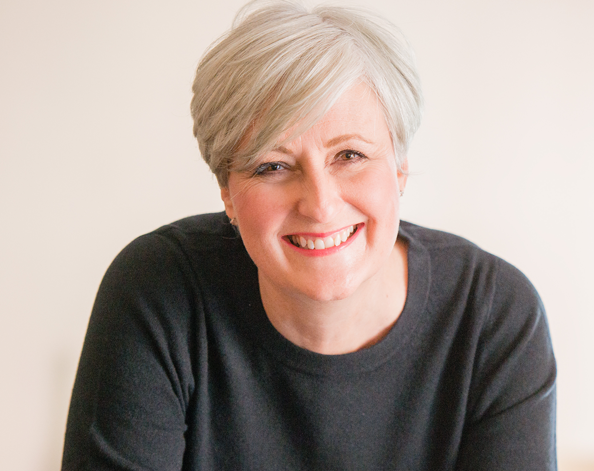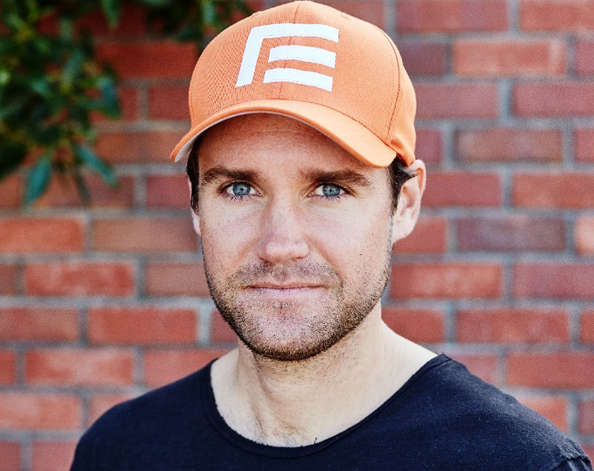Finally - and most notably - we’re seeing many businesses really lean in to offer ways to support their respective communities.
This crisis is a human one, not just a financial one: it has brought about a pressing need for connection, and anything that can facilitate that has a vital altruistic role to play.
Earlier this year, we partnered with global futures foresight consultancy, The Future Laboratory, to understand the key macro trends that define the 2020s. Many long-term trends have been exacerbated by Covid-19; as Tom Savigar, founder of Avansere and co-owner of The Future Laboratory, puts it, the crisis is forcing businesses to “fast forward.” Tom told us that “ideas that may have been on your business’ 3-5 year horizon have been rapidly accelerated: they are happening now and forcing us to move outside of our comfort zone in order to address them.”
Flexible working is one such trend. The predicted boom in flexible working could contribute an extra £148 billion to the UK economy by 2030, according to Regus – a result of many factors which includes personal productivity. But this opportunity could be at risk if personal productivity is impacted by isolation and a lack of community. As Tom puts it, “now is the time for businesses to show emotional intelligence, empathy, localism, belonging and connection.”
That’s where companies like WELD make a valuable difference.
Brad Woodhouse’s business, WELD, wanted to embrace the opportunity to help people living in isolation - to bring a source of community, and to help people stay active from home. In January this year, as the outbreak was beginning to take hold, Brad brought together his investors to look at how to accelerate the business’s ability to support the live streaming online training sessions. “We wanted to embrace the opportunity to help people,” he says, “and didn’t want to play the waiting game - we knew we needed to move fast.”
Each of these examples - and the many more that I come across every day when talking to my colleagues and clients - is proof that we will get through this time and emerge not only stronger, but ‘better’ too. I agree with Tom, of The Future Laboratory, when he points out that this is a rare opportunity for us, collectively, to pause: to focus more attentively on what “actually makes humans happy,” and to celebrate progressive behaviours and ways of working which will facilitate this.
Doing so will require a shift in mentality, and it will require innovation at a speed and scale few of us are used to. But it is possible.
For the Investec team, we see our role as being to foster and fuel this innovation, both internally and for our clients.
If, for all the uncertainty we are facing, Covid-19 serves to highlight that sense of renewed purpose, then that is no bad thing.




